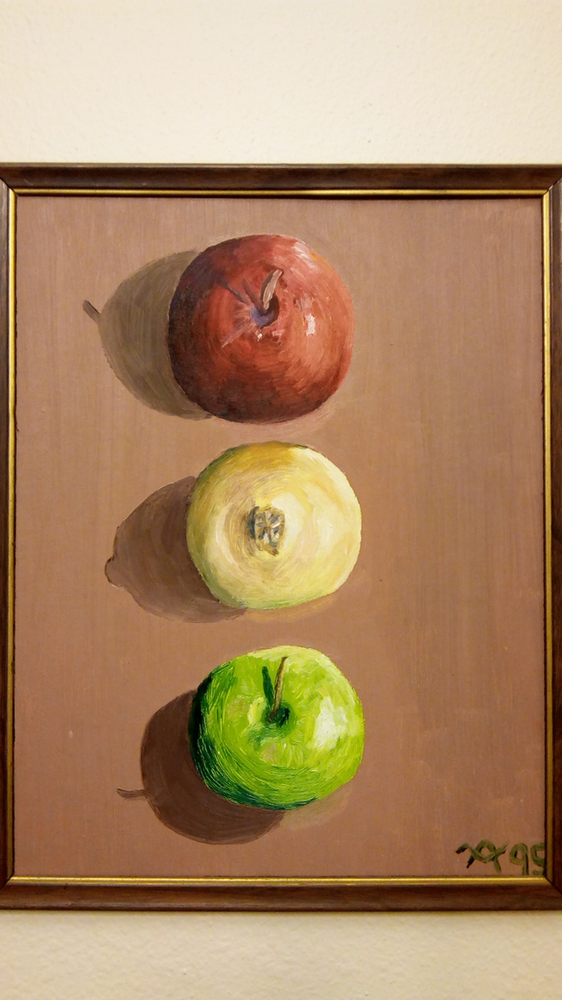A powerful learning for me after several years of counseling was to understand coping mechanisms and see and own mine. We all have coping mechanisms (CM). At some point in our lives a particular CM produces more benefit than detriment. At other times, it is mostly harmful. Often, we outgrow CMs though it may take years (and the help of knowledgeable guides) to “see this”.
Why do we drink (too much) or work (too much) or fixate on sexual conquest? Why do we get angry at “that certain type of person” or bite our nails or cut ourselves or overeat or binge and purge or swallow sharp objects? Why do we develop counting rituals or have superstitions or go shopping so much? Why do some of us form so few friendships and others seem incapable or not befriending every stranger? Co-dependency has the word “Co” right there up front. How many of us play the victim or create unnecessary drama or make everything about ourselves? Who amongst us tells themselves daily that they are unworthy, or stupid, or ugly, or doomed to fail? Or do we project a bullet proof distorted idealized version of ourselves to keep people from getting too close to the fragile true self? Do we self-sabotage? Do we procrastinate? Do we always look for approval or validation or a reason to feel a victim? What happens when someone with really unhealthy coping mechanisms gets into a position of power? History is strewn with examples of the wars and famines and genocides that flow from this.
Coping mechanisms are good and necessary, don’t forget this. But they need to be evaluated from time to time to ensure that they are the best way to manage our lives. We all grow up; we all change as does the world around us and our position in it. That scared little seven-year-old inside us is still there, protecting us from (no-longer relevant) threats. We cannot discard a CM until we have a better one to replace it with; and even then, sometimes it is so habitual, so familiar, so burned into our neural networks that change can take years to realize! But we have beautiful plastic malleable brains. We can repurpose, reform, and re-connect our cerebral supercomputer all throughout our lives. If the desire and attention and courage and support and conditions are sufficient, we can change. But like any atrophied muscle or untrained body, practice and wrote play a big role!
That cutting or binge drinking or workaholism or even self-defeating denigrating talk was a brilliant tool that we developed. It likely isn’t so useful now. It got us to here; it was part of our journey. It kept us safe enough. It likely always had significant costs. There is nothing to be gained by further hampering our progress on the path by blaming ourselves or focusing on the negative aspects of any CM.
Good enough, safe enough, managing not curing, acknowledging trade-offs, these are the real building blocks of life.
Which of our CMs do we think we have outgrown? Which are just more harmful than productive? What could we replace them with? What support do we have? Are we strong enough to really look objectively (and compassionately!) at ourselves? What has worked for others? What books are good, what habits, what environments? Society (and for-profit entities) are happy to supply us with easy fixes. But what is likely a more robust foundation to build a strong resilient happyish new you, going for your morning walk and hugging your friends and loved ones, writing in your journal, eating healthy food, and getting as good of sleep as you are able to, or using substances, social media, junk food, and the like to just get through this moment? We are all stronger than we think. Be kind to yourself, you and I are doing a good enough job figuring out this complex human condition. Love yourself. Trust yourself.



